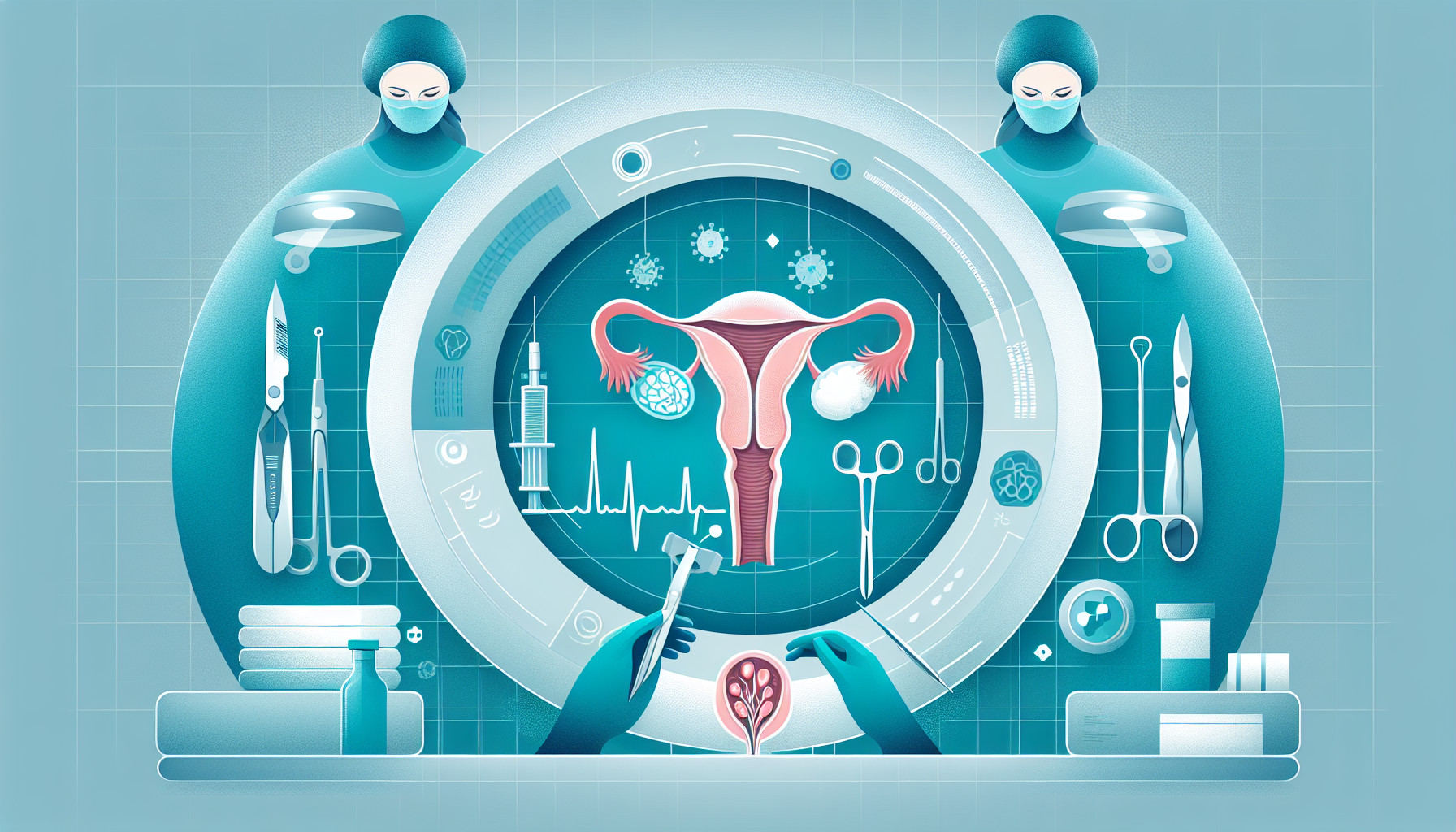Our Summary
Polycystic ovary syndrome (PCOS) is the most common cause of fertility issues where eggs aren’t released regularly from the ovaries. However, our understanding of the factors controlling the release of eggs is not very clear, which makes treating PCOS difficult. In this study, the researchers found that the hormone known as follicle stimulating hormone (FSH) controls the levels of a specific chemical, glutamine, in the fluid surrounding the egg. This in turn affects whether or not an egg is released.
In mice, the release of an egg starts when cells surrounding the egg start to die off. In pigs, the researchers found that the level of glutamine drops just before an egg is released. However, in women with PCOS, the levels of glutamine in the fluid around the egg are high. By feeding mice a diet high in glutamine, the researchers were able to cause symptoms similar to PCOS.
They found that FSH drives the cells around the egg to produce more glutamine. This glutamine helps maintain the health of the egg by preventing the cells around it from dying off. This process is controlled by a specific pathway in the cells, known as the ASK1-JNK pathway.
Interestingly, by removing glutamine or activating the ASK1-JNK pathway with drugs like metformin, the researchers were able to reverse PCOS-like symptoms in mice. This suggests that targeting glutamine, FSH, and the ASK1-JNK pathway could potentially be a new way to treat PCOS.
FAQs
- What role does follicle stimulating hormone (FSH) play in ovulation and PCOS?
- How can glutamine levels impact PCOS and the process of ovulation?
- Can the ASK1-JNK pathway be targeted for the treatment of PCOS, and if so, how?
Doctor’s Tip
One helpful tip a doctor might tell a patient about ovarian cyst removal is to follow a balanced diet and maintain a healthy weight. This can help reduce the risk of developing new cysts in the future. Additionally, staying active and getting regular exercise can help improve overall ovarian health and reduce the likelihood of cyst formation. It is important to follow your doctor’s post-operative instructions carefully and attend follow-up appointments to monitor your recovery progress. If you experience any concerning symptoms after surgery, such as severe abdominal pain or fever, contact your healthcare provider immediately.
Suitable For
Patients who are typically recommended ovarian cyst removal include those with large cysts that are causing symptoms such as pelvic pain, bloating, and pressure. Additionally, patients with cysts that are complex, persist over time, or are at risk for ovarian cancer may also be recommended for removal. Other factors that may influence the decision to remove an ovarian cyst include the patient’s age, overall health, and fertility goals.
Timeline
- Before ovarian cyst removal:
- Patient may experience symptoms such as pelvic pain, bloating, and changes in menstruation.
- A pelvic ultrasound may be performed to diagnose the ovarian cyst.
- The patient may undergo blood tests to check hormone levels.
- The doctor may recommend conservative treatment options such as watchful waiting or hormone therapy.
- After ovarian cyst removal:
- The patient undergoes surgery to remove the ovarian cyst.
- Recovery time varies, but most patients can resume normal activities within a few weeks.
- Follow-up appointments may be scheduled to monitor recovery and check for any signs of recurrence.
- The patient may experience relief from symptoms such as pelvic pain and bloating.
- Fertility may improve for patients who were experiencing infertility due to the cyst.
- The patient may be advised on lifestyle changes to prevent future cysts from forming.
What to Ask Your Doctor
- What is the reason for removing the ovarian cyst?
- What are the risks and potential complications associated with the cyst removal surgery?
- What is the success rate of the surgery in removing the cyst completely?
- Will I still be able to conceive after the cyst removal?
- What is the recovery process like after the surgery?
- Will there be any long-term effects or changes in hormone levels after the cyst removal?
- Are there any alternative treatment options for ovarian cysts?
- How often should I follow up with you after the surgery?
- How can I prevent future ovarian cysts from developing?
- Are there any lifestyle changes or medications I should consider to manage my ovarian health in the future?
Reference
Authors: Zhang KH, Zhang FF, Zhang ZL, Fang KF, Sun WX, Kong N, Wu M, Liu HO, Liu Y, Li Z, Cai QQ, Wang Y, Wei QW, Lin PC, Lin Y, Xu W, Xu CJ, Yuan YY, Zhao SM. Journal: Protein Cell. 2024 Jul 1;15(7):512-529. doi: 10.1093/procel/pwad065. PMID: 38167949
